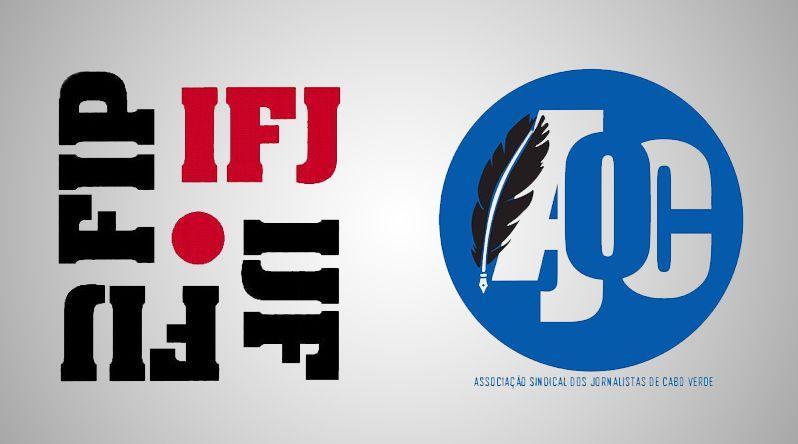Africa-Press – Cape verde. The International Federation of Journalists (IFJ) and the Cape Verdean Journalists’ Union (AJOC) condemn the suspension imposed on the television director, considering it an act of “inadmissible political interference in the editorial management of the national public broadcaster.”
In a press release, the organizations consider the decision “shocking” and demand the immediate lifting of the sanction, denouncing what they classify as “a serious case of political interference” in the editorial management of public media.
The IFJ Secretary-General, Anthony Bellanger, stressed that attempts to discredit the work of independent journalists constitute “a direct attack on press freedom,” considering that “public service media must be able to perform their functions based on the public interest, without any form of intimidation.”
Anthony Bellanger added that the board of directors of Radio and Television of Cape Verde (RTC) must be “independent of political manipulation” and that its role is “to defend the fundamental rights of journalists, and not to apply unfair disciplinary sanctions that harm press freedom.” The AJOC (Association of Journalists of Cape Verde) states that the measure violates Article 40 of the Television Law and contradicts the constitutional principles of freedom of the press and editorial independence, describing it as “an unacceptable expression of political and administrative interference, aimed at punishing a professional who merely defended the law.”
The association and the FIJ (International Federation of Journalists) also demand that the Government of Cape Verde and the competent authorities fulfill their constitutional duty to guarantee the independence of public media outlets and protect journalists from any political reprisals.
According to Dina Ferreira, the president of the RTC (Radio and Television of Cape Verde) board of directors and the director for the technical area contracted, on July 18th, an editorial program for TCV (Cape Verdean Television), without the knowledge of the station’s management.
He added that the signed contract stipulated the broadcast of the program weekly, for 12 months, for a total of 52 episodes, at a cost of 70,000 cruzeiros each.
According to the same source, TCV’s management learned about the document signed by the production company itself after it failed to deliver the program directly for broadcast.
For More News And Analysis About Cape verde Follow Africa-Press






